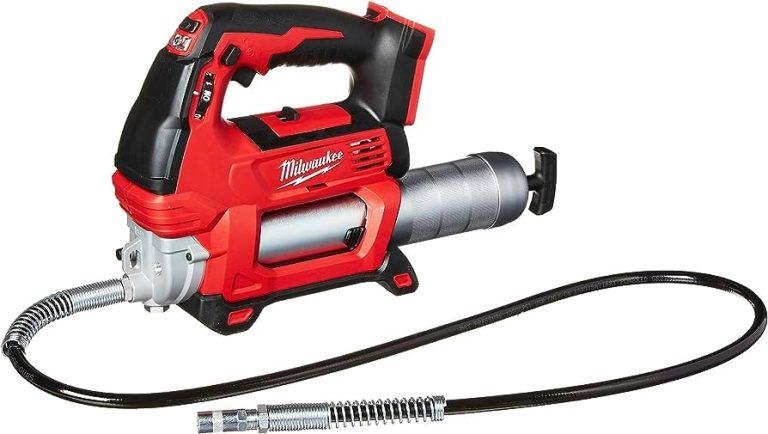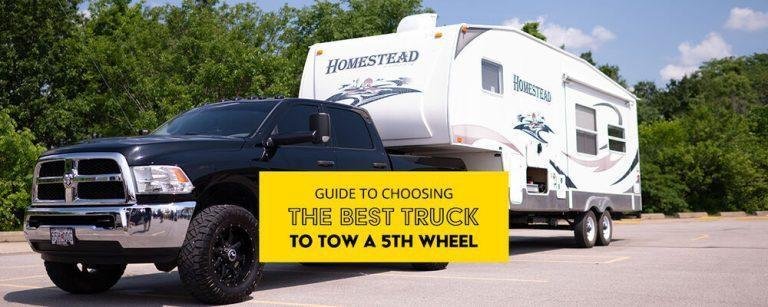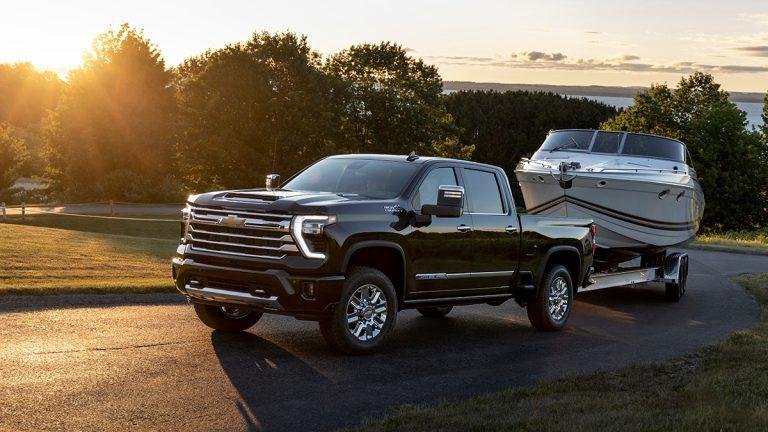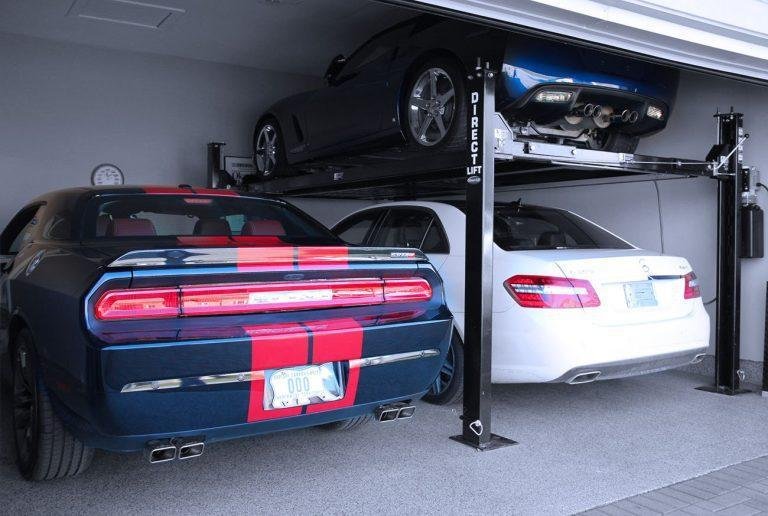Undercoating your car is worth it as it provides added protection against rust and corrosion. Additionally, it helps to reduce road noise and improve the overall lifespan of your vehicle.
By applying a layer of protective coating to the underside of your car, you can prevent moisture and salt from causing damage, especially in areas with harsh winters or near the coast. Undercoating also acts as a sound barrier, reducing noise from the road and creating a quieter driving experience.
With the added protection and noise reduction benefits, undercoating can help prolong the life of your car and provide a more comfortable driving experience. So, it is definitely worth considering this investment for your vehicle’s long-term maintenance.

Credit: www.amazon.com
Protection Against Rust
Undercoating your car can provide effective protection against rust, helping to maintain its condition and extend its lifespan. Is it worth it? Absolutely, as this preventive measure can save you from costly repairs down the road.
The Role Of Undercoating In Rust Prevention
Rust can cause significant damage to your car, leading to costly repairs and decreased resale value. Undercoating your car is an effective way to protect it against rust and extend its lifespan. Here, we will discuss the key role undercoating plays in rust prevention, the areas of your car prone to rust, and the different types of undercoating materials and their effectiveness.
Key Areas Prone To Rust And The Importance Of Undercoating
Rust tends to develop in areas of your car that are exposed to harsh elements and moisture. Here are the key areas prone to rust:
- Undercarriage: The undercarriage of your car is particularly susceptible to rust due to its close proximity to the road. Salt, dirt, and moisture can accumulate in this area, accelerating the rusting process. Undercoating creates a protective barrier that shields the undercarriage from these corrosive elements.
- Wheel wells: Wheel wells are constantly exposed to mud, salt, and water kicked up by the tires. Without undercoating, these contaminants can cause rust to form around the edges of the wheel wells.
- Door panels: Door panels often accumulate water from rain or snow runoff. This moisture can seep into the seams and edges of the doors, leading to rust over time.
- Trunk and hood areas: Trunks and hoods are also prone to rust, especially when debris accumulates around the edges or moisture seeps in through damaged paint or seals.
To protect these vulnerable areas and prevent rust, undercoating is of utmost importance.
Types Of Undercoating Materials And Their Effectiveness
There are different types of undercoating materials available. Understanding their effectiveness can help you make an informed decision when choosing the right undercoating for your car. Here are the common types of undercoating and their benefits:
- Rubberized undercoating: This type of undercoating forms a durable, rubber-like barrier that effectively seals out moisture and protects against rust. Its flexibility allows it to withstand impacts and vibrations. It is best applied to the undercarriage and wheel wells.
- Wax-based undercoating: Wax-based undercoating provides effective protection against rust. It adheres to the car’s surfaces, creating a water-resistant barrier. This type of undercoating is ideal for door panels, trunk areas, and hoods.
- Asphalt-based undercoating: Asphalt-based undercoating offers excellent sound deadening properties, as well as protection against rust. It forms a heavy-duty protective layer that withstands road debris and corrosive materials. However, it can be more challenging to apply and may result in a thicker coating.
When choosing an undercoating material, consider the specific areas of your car that need protection and the conditions your car faces regularly. Consulting an expert can help you determine the most suitable undercoating for your car’s rust prevention needs.
Undercoating your car provides a vital line of defense against rust, protecting vulnerable areas and extending the life of your vehicle. Properly applied undercoating can help keep your car rust-free for years, saving you from costly repairs and preserving its value.
Make sure to choose the right undercoating material based on your car’s needs to ensure maximum protection.
Soundproofing And Noise Reduction
Looking to reduce noise and create a quieter driving experience? Consider undercoating your car for effective soundproofing and noise reduction. Improve your comfort on the road with this worthwhile investment.
Is It Worth It To Undercoat Your Car?
Undercoating your car can provide numerous benefits, including soundproofing and noise reduction. By applying an undercoat to the underbody of your vehicle, you can significantly dampen road noise and enjoy a quieter driving experience. There are different types of undercoating available that specifically cater to soundproofing, allowing you to choose the best option for your needs.
How Undercoating Helps Dampen Road Noise:
- Undercoating acts as a protective barrier between the road and your vehicle’s underbody, minimizing vibrations and noise transmission.
- It seals the gaps and crevices in your car’s underbody, preventing the entry of external noise.
- The thick layer of undercoating adds an extra sound-absorbing material, reducing the impact of road noise inside the cabin.
- Undercoating helps reduce high-frequency noises, such as tire and wind noise.
Benefits Of A Quieter Driving Experience:
- A quieter cabin enhances your overall driving comfort and reduces fatigue during long journeys.
- Enjoy better music quality and clearer conversations while minimizing the need to crank up the volume.
- Reduce stress and increase focus by eliminating distractions caused by excessive road noise.
- Enhance the resale value of your car by highlighting a quieter and more comfortable driving experience to potential buyers.
Different Types Of Undercoating For Soundproofing:
- Rubberized undercoating:
- This type of undercoating contains rubber polymers that provide excellent sound-dampening qualities.
- It adheres well to the underbody, providing a durable protective layer against road noise.
- Rubberized undercoating is an effective solution for reducing vibration and impact noise.
- Asphalt-based undercoating:
- This undercoating is made from a mixture of asphalt and mineral spirits, providing both soundproofing and rust protection.
- It offers good adhesion and durability, reducing road noise effectively.
- Asphalt-based undercoating is particularly suitable for areas with harsh climates.
- Soundproofing mats:
- These mats are specifically designed to absorb and reduce noise vibrations in the vehicle’s underbody.
- They are typically made of materials such as foam or rubber and are easy to install.
- Soundproofing mats offer a flexible and customizable solution for soundproofing your car.
Investing in undercoating for soundproofing is definitely worth it if you value a quieter and more enjoyable driving experience. Consider the different types of undercoating and choose the one that suits your needs and budget. By reducing road noise, you can create a more peaceful and comfortable environment inside your car.
Enjoy the benefits of undercoating and embrace the tranquility on the road.
Enhanced Durability And Longevity
Undercoating your car enhances durability and longevity, providing protection against rust, corrosion, and other damages caused by road debris and harsh weather conditions. It’s a worthwhile investment that preserves your car’s value and extends its lifespan.
Undercoating your car can have a significant impact on prolonging its lifespan. It offers various benefits in terms of durability and longevity, making it a worthwhile investment for any vehicle owner. By understanding the advantages of undercoating, you can protect your car from surface damage and wear while also improving its resale value.
The Impact Of Undercoating On Prolonging The Lifespan Of Your Car:
- Undercoating creates a protective barrier against the elements, such as salt, sand, and moisture, that can cause rust and corrosion on the undercarriage of your car.
- By preventing rust, undercoating helps to maintain the structural integrity of your car’s frame and body. This can extend the lifespan of your car, ensuring it serves you well for years to come.
- Undercoating also acts as a sound dampener, reducing road noise and vibrations. This not only enhances the driving experience but can also minimize wear and tear on various components of your car.
Protection against surface damage and wear:
- Undercoating acts as a shield, protecting the undercarriage of your car from rocks, debris, and other elements that can cause dents, scratches, or chips.
- It helps to minimize the impact of road salt, grime, and chemicals commonly encountered on roads, especially during winter months.
- By providing an additional layer of defense, undercoating helps prevent paint damage caused by pebbles, gravel, and other abrasive materials.
Undercoating benefits for vehicle resale value:
- A well-maintained undercarriage, thanks to undercoating, can make your car more appealing to potential buyers. It shows that you have taken the necessary steps to protect your vehicle from rust and corrosion.
- By minimizing the visible signs of wear and tear, undercoating can potentially increase the resale value of your car.
- Undercoating demonstrates to buyers that you have cared for your car’s longevity and durability, instilling confidence in their investment.
Undercoating your car is worth considering to enhance its durability and longevity. The protective barrier created by undercoating helps prevent rust, surface damage, and wear, ultimately extending the lifespan of your vehicle. Moreover, the added value it brings to your car’s resale value is an attractive bonus.
So, if you wish to keep your car in top-notch condition and maximize its lifespan, undercoating is a wise choice.
Frequently Asked Questions Of Is It Worth It To Undercoat Your Car?
What Are The Disadvantages Of Car Undercoating?
Car undercoating has some disadvantages. First, it can trap moisture and lead to rust and corrosion. Second, it adds weight to the vehicle, which can reduce fuel efficiency and affect performance. Third, undercoating is a form of aftermarket service, so it can void the manufacturer’s warranty if not done properly.
Fourth, the application process is complex and requires professional expertise, which adds to the cost. Additionally, undercoating can make it difficult to detect early signs of rust or damage, leading to costly repairs in the long run. It is essential to carefully consider these drawbacks before opting for car undercoating.
How Long Does Undercoating Last On A Car?
Undercoating on a car typically lasts for around 3 to 5 years. It is a protective layer applied to the underside of the vehicle to shield it from rust, corrosion, and road debris. The longevity of undercoating depends on factors such as climate, driving conditions, and maintenance.
Regular inspections and touch-ups can extend its lifespan. Properly applying an undercoating can significantly reduce the likelihood of rust formation and preserve the car’s frame and body. Regular exposure to winter road salt, mud, and water can accelerate the degradation of undercoating.
Therefore, it is advisable to have the undercoating reapplied or refreshed every few years to maintain its effectiveness. Doing so will help safeguard your vehicle from damage caused by moisture, abrasions, and environmental elements.
What Is The Average Cost To Undercoat A Car?
The average cost to undercoat a car ranges from $100 to $200. Undercoating protects the vehicle’s undercarriage from corrosion and rust caused by road salt, moisture, and other elements. Factors affecting the cost include the size and type of vehicle, the condition of the undercarriage, and the type of undercoating material used.
Some undercoating options include rubberized and oil-based coatings, each with its own advantages and limitations. It is recommended to consult with a professional to determine the most suitable undercoating option for your car. Regular undercoating can extend the lifespan of your vehicle and potentially save you from costly repairs down the road.
Does Undercoating Add Value To A Car?
Undercoating does not add value to a car. It only provides protection against rust and corrosion.
Conclusion
Undercoating your car can be a wise investment in protecting its longevity and value. By providing a protective barrier against rust, corrosion, and road salt, undercoating can help prevent costly damage and keep your vehicle looking its best. With regular maintenance and inspections, undercoating can also provide peace of mind, knowing that you are taking proactive steps to preserve the integrity of your car’s undercarriage.
While the upfront cost of undercoating may deter some, the long-term benefits can far outweigh the initial expense. Additionally, undercoating can be especially beneficial for those living in areas with harsh weather conditions or near coastal regions where saltwater can accelerate rust and corrosion.
Ultimately, the decision to undercoat your car should be based on your individual circumstances and priorities. Consult with a trusted professional to determine the best course of action for your specific vehicle.





